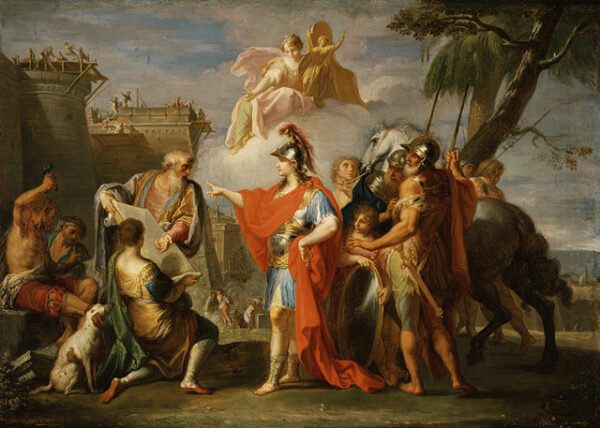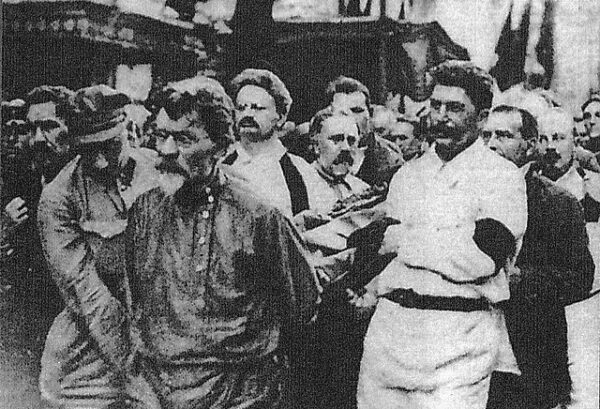On November 21, 1783, the world witnessed a groundbreaking moment in aeronautics with the first successful hot air balloon flight. The event took place in Paris, France, and marked a pivotal moment in human history, as it showcased the feasibility of controlled flight and…
Read MoreOn November 16, 1532, the Andean city of Cajamarca became the setting for one of history’s most dramatic and consequential encounters. A small band of Spanish conquistadors led by Francisco Pizarro captured the Inca Emperor Atahualpa, an event that marked the beginning of the…
Read MoreThe United Nations Educational, Scientific and Cultural Organization (UNESCO) was established on November 16, 1945. The aim of the new agency was to promote international collaboration in the fields of education, science, and culture. The hope for world leaders was that following the devastation…
Read MoreOn November 15, 1971, Intel Corporation released the 4004 microprocessor, marking a transformative moment in technology as the world’s first commercially available single-chip microprocessor. The Intel 4004 was a pioneering invention that condensed the functionality of an entire computing machine into a single integrated…
Read MoreOn November 14, 1770, Scottish explorer James Bruce claimed to have made one of the most significant geographical discoveries of his time: the source of the Blue Nile River. After years of grueling travel and hardship, Bruce reached what he believed to be the…
Read MoreAlexander the Great’s conquest of Egypt marked a pivotal moment in world history, leading to his coronation as pharaoh. In 332 BC, after a relatively bloodless victory over the Persian ruler Darius III, Alexander entered the Egyptian city of Memphis as a liberator. The…
Read MoreOn November 12, 1927, Leon Trotsky, a towering figure of the Russian Revolution and a former close ally of Vladimir Lenin, was expelled from the Soviet Communist Party. This moment marked a pivotal shift in Soviet politics, consolidating Joseph Stalin’s undisputed control over the…
Read MoreLeon Trotsky’s expulsion from the Soviet Union marked a pivotal moment in the tumultuous history of the early 20th century. A prominent Marxist revolutionary and one of the key figures in the Russian Revolution of 1917, Trotsky played a crucial role in the establishment…
Read MoreOn November 11, 1923, German authorities arrested Adolf Hitler following the Beer Hall Putsch, marking a pivotal event that could have shifted the direction of world history and changed the lives of tens of millions. The Beer Hall Putsch, which occurred on November 8-9,…
Read MoreKristallnacht, also known as the Night of Broken Glass, unfolded on the night of November 9 and 10, 1938, marking a horrifying turning point in the persecution of Jews during the Nazi era in Germany. Triggered by the assassination of German diplomat Ernst vom…
Read More










